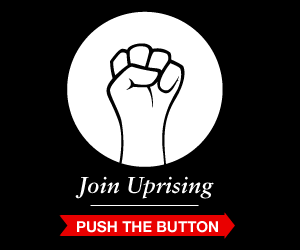Patagonia Owns Transparency
Posted on 28th Nov 2011 by Alex Stoltze in BlogBrand reputations are built or lost on social media platforms, where people are empowered to express their opinion about a product. This process encourages an honesty moment, for a brand to acknowledge that they could do better and then start moving toward their promise.
During a visit to our class, Scott Bedbury asked our generation to "bring honesty back to corporations," and I think we can. We are a generation that has learned to value transparency through the mistakes we've witnessed with brands like big banks and the Government. More valuable, we've learned how transparency can positively affect a brand's ability to gain consumer trust, build company culture, and improve social responsibility.
In a real honesty moment, Patagonia has developed an incredible tool, The Footprint Chronicles, that has allowed total transparency into their entire process.
Simon Mainwaring, CEO of We First social branding consultancy and ex creative for Nike and W+K, spoke with Rick Ridgeway, the VP of environmental initiatives at Patagonia, about the brand’s new tool.
The Footprint Chronicles was developed to help show customers the company’s sustainability efforts. By entering a code from their apparel, consumers can see exactly how and where the product was made, including how the designers develop clothes in California, to the factory workers in China.
Ridgeway explained how the consumers “can see slideshows, videos and interviews of the people behind the product. But more importantly, these slides, videos and interviews discuss what is good about the product and what sucks.”
Customers are wholeheartedly invited into the conversation about how to make the product better and ‘less traveled’ before it reaches the consumers’ hands. The brand thinking here, similar to the thinking behind the famous one-time-only Apple ad from 1984, is “Hey, look! We have an experience we want you to be a part of.”
The genius lies in the brand’s complete honesty with the consumer about their product and the industry they are in. Patagonia states that the production process is harmful to the environment but the brand will alway push to do better.
Ridgeway is frank about what’s great and what ‘sucks,’
“We’ll be able to tell you that when it’s all worn out you can bring it back for us to recycle. We’ll tell you how it suck to make this thing in China and ship it clear across the ocean. That’s not so cool.”
Patagonia is building its brand to do better for the environment by constantly reinventing their products to be more eco-friendly. This in turn, will help the brand gain customers while winning trust points. Good job.
blog comments powered by Disqus







